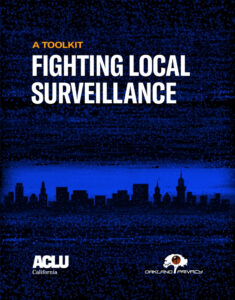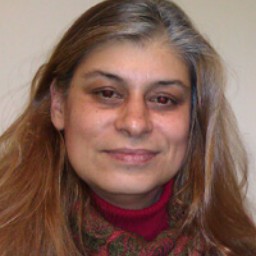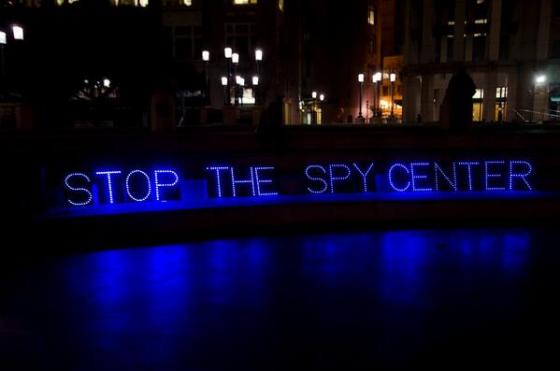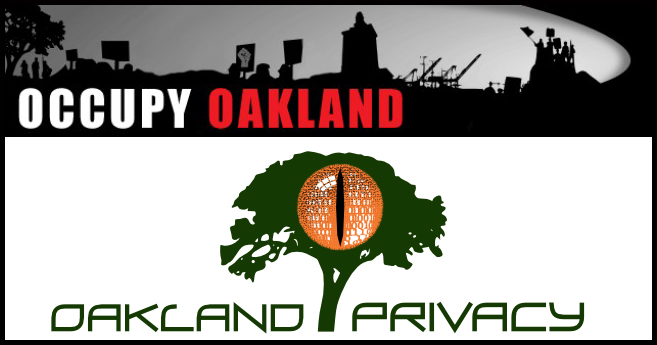Aaron would have been 38 years old on Friday, November 8th, 2024.
We had a great podcast to celebrate this year’s Aaron Swartz Day on Saturday November 9th at 2pm PST/10pm UTC.
Here’s the link to the video: https://www.youtube.com/live/MZ-PQjP-XRo?si=dFy3YyImpOo18wPQ
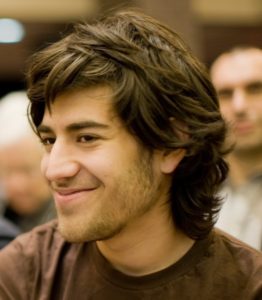
We got a lot of bad news this last week when we learned that Donald Trump had been re-elected president. It’s so strange to wake up and find yourself at the dawn of what will basically be an authoritarian regime run by the same criminals that just got done fleecing our country a mere 4 years ago.
To make matters worse, it seems that racism, misogyny, xenophobia and transphobia are more widespread than ever in the United States. We are having our Brexit moment, where fear and uncertainty have driven people to make decisions that are ultimately against their own best interests – they just don’t know it yet.
With all this in mind, it’s more important than ever now for us to continue our important work, stay true to each other and stay true to our ideals, during what is sure to be a dark and tumultuous period in the history of the world.
We do believe we can get through it though! And we’ll do it together.
Special Guests on this show:
Hosted by Lisa Rein and Andre Vinicus Leal Sobral.
Our first speaker will be Ryan Shapiro, co-founder of the national security transparency non-profit Property of the People, and the researcher who discovered why the FBI had such an interest in Aaron in the years right before the JSTOR fiasco. Ryan will talk with us about the catastrophic situation in which we now find ourselves as the fascists behind the failed January 6 coup seize control of the country.
Next, we’ll get a report on the current status of SecureDrop, from Nathan Dyer, Newsroom Support Engineer for the Freedom of the Press Foundation.
Tracey Jaquith, Founding Coder and TV Architect at the Internet Archive, will come on to discuss: Microservices, Monoliths, and Operational Security – The Internet Archive in 2024.
Tracy Rosenberg, Co-founder of the Aaron Swartz Day Police Surveillance Project and Oakland Privacy. Tracy will give us an update on the latest crop of surveillance battles.
Brewster Kahle will pop in to say hello at some point!
Ryan Sternlicht: The Next Layer of Reality: Social Identity and the New Creator Economy
As VR starts to become more well developed and used for social interaction, more and more people need avatars that represent themselves in VR, this has caused many different VR avatar creators, avatar shops, and tools to create avatars to start popping up. How will this economy grow and change, how will avatars evolve, and what tools are in the works to allow for better avatars.
Grant Smith Ellis, Chairperson of the Board, MassCann and Legal Intern at the Parabola Center, discussing: Jury Trials in the Age of Social Media.
Michael “Mek” Karpeles, Open Library, Internet Archive will give a presentation: When it Rains at the Archive, Build an Ark –
Book bans, Lawsuits, & Breaches
